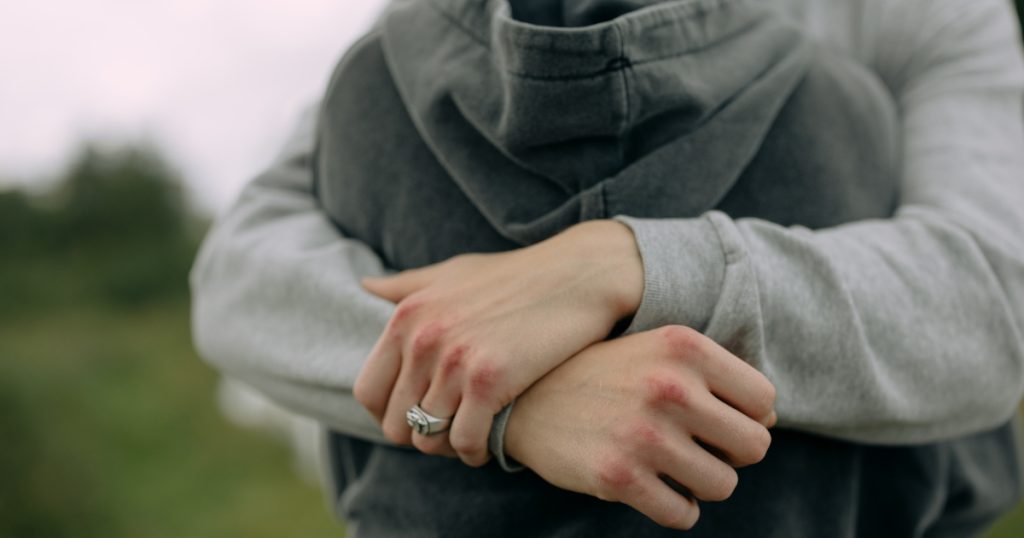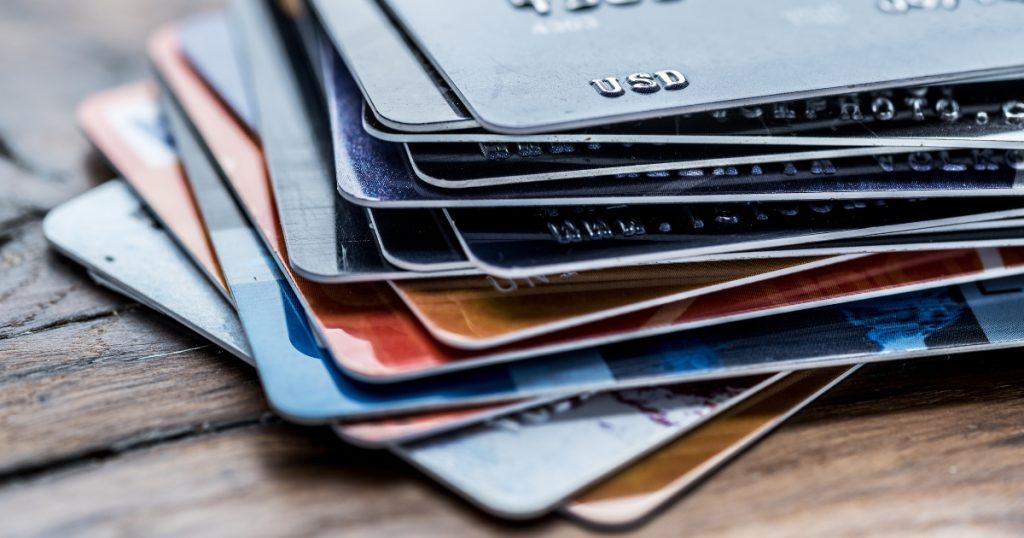How knowledgeable are you of the rules in the UAE? It would be really disheartening to get fined or arrested for a crime you did not know that existed. To stay out of big trouble, here are eight things you should avoid doing while in the country:
- Public Display of Affection (PDA)
Can’t help but give your partner a smooch just to show the world your love? In the UAE, you might want to think twice before doing this. With the country having a conservative Islamic culture, public displays of intimacy between couples can be considered inappropriate and disrespectful to local customs and values.

Violation: Article 358 of UAE Federal Law no.3 of 1987 states that any display of affection between couples – whether married or not – in public places does not fit local customs and culture. Any indecent behavior, including kissing or hugging, can be considered a criminal offense under UAE law.
What the law says: Any public displays of affection violate the law and is liable to be punished by imprisonment or deportation.
- Posting of content on social media that is harmful to women or children
Last April 2023, five overseas Filipino workers (OFWs) were arrested in the UAE for posting an “indecent” TikTok video. What started as a seemingly harmless video among friends has landed them in legal trouble, as viewers mistook them for prostitutes, and a complaint was filed against them.

Violation: Under Article 32 to Article 34 of the UAE Cybercrime Law, one must refrain from posting any content that is harmful to women or children, such as human trafficking, pornography, prostitution, and acts against public morality.
What the law says: Posting such content can lead to imprisonment ranging from one to five years and penalties from AED250,000 to AED1 million.
- Leaving the UAE with debts or unpaid credit card
In the UAE, if a borrower fails to pay three consecutive installments or six non-consecutive installments on a personal loan or credit card, it may be considered an event of default. As part of the loan or credit card application process, banks or financial institutions may require the borrower to provide a cheque as security against the loan amount. This is in addition to a signed application form that outlines the terms and conditions of the loan or credit facility.

Violation: Failing to pay violates Article 4(4) of the Personal Loan Agreement format appended to Notice No. (3692/2012) of the Central Bank of the UAE. Further, it is also a criminal offense to dishonor a cheque, and a person who is the subject of a criminal complaint may be banned from traveling outside the UAE.
What the law says: A penalty of AED2,000 to AED10,000 may be imposed on an individual who holds a security cheque of less than AED200,000, and the travel ban may be lifted upon payment of this fine. However, if the unpaid amount is not resolved, the lending bank may initiate a legal suit against the individual.
- Wearing indecent clothing
Dress to impress, but do not wear less! In the UAE, most months require residents to spend their days under the scorching heat of summer. With this, some tend to wear shorter, thinner, and lesser clothes as a way to cope up with the humid weather. However, dressing inappropriately in public is frowned upon and harms the country’s public morals.

Violation: Though there is no direct context or law that regulates or controls clothing limits or sets penalties for it, Article 358 of the Federal Penal Code states that indecent actions or anything that might be prejudicial to public morals made by a man or woman in public and could be considered as indecency would be punishable by law.
What the law says: Violators will be imprisoned for six months to three years and can face deportation.
- Posting content on social media that invades someone’s privacy
Last January 2023, a man in Abu Dhabi was reported for sharing pictures of two people in a TikTok and Snapchat video without their consent. The two sued the netizen, seeking AED51,000 as moral compensation for invasion of privacy. The Abu Dhabi Court for Family and Civil and Administrative Cases ruled in favor of the complainants, although a lower payout was suggested.

Violation: Social media platforms pose unique challenges to privacy as they enable the sharing of personal information with a broad audience, often leading to privacy violations. Violating an individual’s privacy is punishable in the UAE, as per Article 44 of the Cybercrime Law.
What the law says: Posting content of other people without their consent may lead to jail time of at least six months and penalties from AED150,000 to AED500,000.
- Forging documents
Fake it ‘til you make it? Most people would do anything to get their dream jobs — some even take shortcuts to success by forging their documents, educational qualifications, and other credentials. As a land of vast opportunities, the UAE does not, in any way, condone this act. The impact of fake academic degrees can be very negative not just for the employers but also for economies, undermining fair competition and development.

Violation: Article 120(1) of the UAE Labour Law states that an employer may dismiss a worker without notice if and only if the worker assumes a false identity or nationality or submits forged certificates or documents.
What the law says: Violators of this law can be fined of up to AED500,000 and imprisonment of up to 2 years.
- Posting of rumors and false news on social media
Having easy access to sharing information nowadays can both be a blessing and a curse. In November 2020, a TV journalist and his interviewee spread false news claiming that five members of an Arab family had died of COVID-19. The Public Prosecution found the claims to be false and the journalist and interviewee were arrested shortly after. They have been sentenced to two years in prison by the Abu Dhabi Court of Appeal.

Violation: Article 52 of the UAE Cybercrime Law states that anyone who shares false information that contradicts official news sources can be punished by law. This can include spreading rumors or misleading information.
What the law says: At least one year imprisonment and a fine of AED100,000 would be given to anyone who violates this law.
- Plucking and damaging flowers and plants
Efforts of certain authorities across the UAE on making the country greener are evident when you step outside and see the beautiful, colorful, and extravagant flowers and plants. Though most residents and tourists are satisfied with admiring this scenery from afar, there are people who occasionally damage the landscaping done by municipal workers.

Violation: Dubai Municipality’s Organisational Decision No. 12 of 1998 prevents individuals or companies from destroying the plants or flowers in the emirate of Dubai for any reason.
What the law says: A fine of AED500 to 1,000 will be imposed to anyone who plucks any flower and will not consider any excuse such as age, gender, or ignorance about the rule and regulations.




